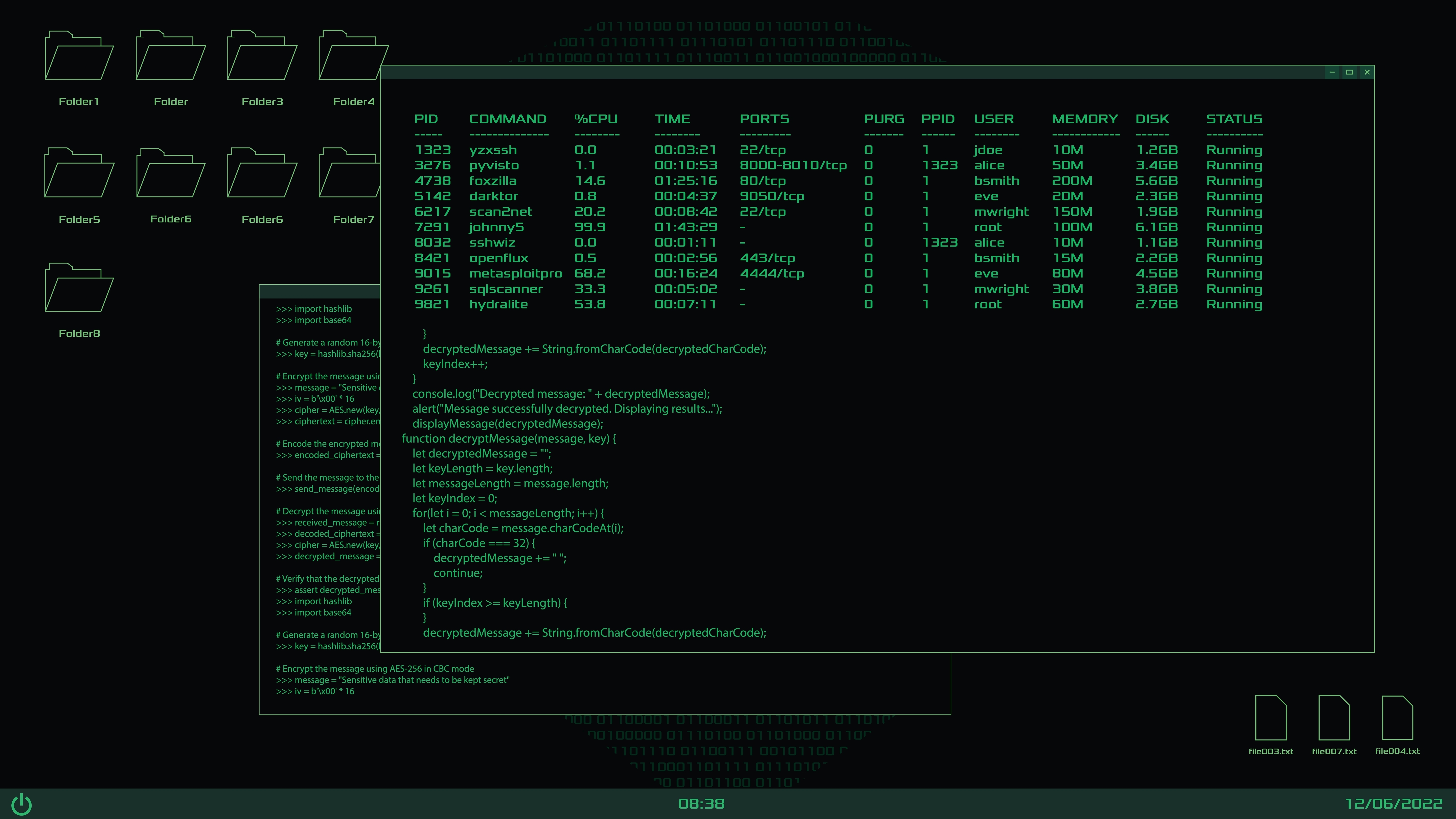Building consumer trust in the supplement industry requires more than just good products – it demands strategic public relations that addresses widespread skepticism head-on. Recent surveys show that 73% of consumers doubt supplement effectiveness, while 68% worry about product safety and quality. These concerns stem from misleading marketing claims, inconsistent product quality, and negative media coverage that has eroded public confidence. Public relations professionals must take a multi-faceted approach centered on transparency, scientific validation, and credible expert partnerships to rebuild trust and establish lasting brand credibility in this challenging market.
PR Overview
The Power of Clinical Trials and Scientific Evidence
Scientific validation stands as the foundation for building consumer confidence in supplements. According to a 2023 Natural Products Association survey, 82% of consumers say clinical research significantly impacts their supplement purchasing decisions. This makes incorporating trial data and research findings into PR communications essential.
When presenting clinical evidence, PR teams should focus on peer-reviewed studies published in respected journals. This adds credibility compared to internal testing alone. The communication should break down complex scientific concepts into clear, accessible language while maintaining accuracy. For example, rather than simply stating a product “supports immune health,” messaging can reference specific study findings showing measured improvements in immune markers.
PR professionals should also highlight the scope and methodology of research. Sharing details about study design, participant numbers, and duration demonstrates thoroughness and transparency. A 2024 consumer study found that 76% of supplement users want to see this level of detail about product research.
The FDA’s requirements for structure/function claims provide a framework for responsible scientific communication. PR materials should align claims with available evidence while avoiding overstatement. This builds credibility by showing commitment to regulatory compliance.
Certifications and Quality Assurance
Third-party certifications provide independent validation of supplement quality and safety. The most recognized certifications include:
- NSF International certification, which verifies product contents match label claims
- United States Pharmacopeia (USP) verification of ingredient quality and manufacturing practices
- Good Manufacturing Practice (GMP) certification confirming proper production standards
PR campaigns should prominently feature these certifications while explaining their significance. For instance, messaging can note that NSF certification requires regular facility audits and product testing – details that resonate with safety-conscious consumers.
Transparency around manufacturing and quality control also builds trust. PR teams should showcase testing protocols, facility standards, and supplier verification processes. According to industry research, 89% of consumers want to know where supplement ingredients come from.
Quality assurance messaging should address specific consumer concerns. If consumers worry about contaminants, highlight testing for heavy metals and microbes. If authenticity is a concern, detail chain of custody tracking and anti-counterfeiting measures.
Expert Partnerships and Medical Professional Engagement
Collaborating with credible healthcare experts adds authority to supplement communications. A 2023 Gallup poll found that medical professionals rank among the most trusted sources for health advice, with 84% of Americans expressing confidence in doctors.
When engaging medical partners, PR teams should:
- Focus on specialists relevant to the product category (nutritionists for vitamins, sports medicine physicians for performance supplements, etc.)
- Ensure partners have appropriate credentials and active licenses
- Develop authentic relationships rather than transactional endorsements
- Feature expert perspectives in educational content, not just promotional materials
Medical advisory boards provide ongoing expert guidance while demonstrating commitment to science-based practices. PR can highlight board members’ credentials and their role in product development and safety monitoring.
Healthcare professional education programs also build credibility. By providing continuing education and research updates to medical professionals, brands position themselves as serious players in health and wellness.
Transparent Communication Practices
Transparency must extend beyond product attributes to all brand communications. This includes:
- Clear Labeling: List all ingredients with standardized names and amounts. Explain technical terms in consumer-friendly language.
- Manufacturing Disclosure: Share information about production facilities, quality systems, and testing procedures.
- Adverse Event Reporting: Maintain open channels for consumer feedback and demonstrate responsible handling of safety concerns.
- Research Access: Make study data available when possible. Link to published research supporting product claims.
A 2024 supplement industry analysis found brands practicing radical transparency saw 31% higher consumer trust scores than those maintaining minimal disclosure.
The rise of supplement influencers has increased misinformation spread. PR teams must actively monitor and address false claims while promoting accurate information.
Effective strategies include:
- Rapid Response: Quick, factual corrections to misinformation using scientific sources
- Educational Content: Regular posts explaining supplement science and debunking common myths
- Expert Voices: Feature credentialed professionals addressing trending topics
- Community Management: Engage directly with consumer questions and concerns
Data shows 64% of supplement users encounter misleading social media content weekly. Proactive education helps inoculate against misinformation.
Crisis Communication Planning
Despite best practices, supplement brands may face trust challenges. A crisis communication plan should include:
- Monitoring systems to detect emerging issues
- Pre-approved response protocols
- Designated spokespersons
- Media training for key personnel
- Stakeholder communication templates
The plan should prioritize transparency while protecting brand reputation through factual, measured responses.
Conclusion
Building consumer trust in supplements requires consistent, strategic PR efforts focused on transparency, scientific validation, and credible partnerships. Success depends on:
- Making research and clinical data accessible and understandable
- Highlighting meaningful certifications and quality measures
- Partnering with qualified medical professionals
- Maintaining transparent communication practices
- Actively addressing misinformation
- Preparing for potential trust challenges
PR professionals should regularly assess consumer sentiment and adjust strategies based on evolving concerns. With sustained focus on these key areas, brands can overcome skepticism and build lasting credibility in the supplement market.
The Intersection of Corporate Communications and Cybersecurity Messaging
When a cybersecurity incident strikes, the technical breach is only half the battle. The other...
How Security Leaders Position Credibility in Crypto Markets
When a security incident hits, the clock starts ticking in minutes, not hours. Your investors...
Predictive Crisis Communications Using AI and Real-Time Data
Crisis communications has entered a new era where waiting for a threat to materialize means you've...




